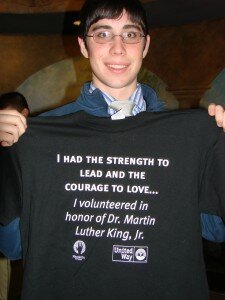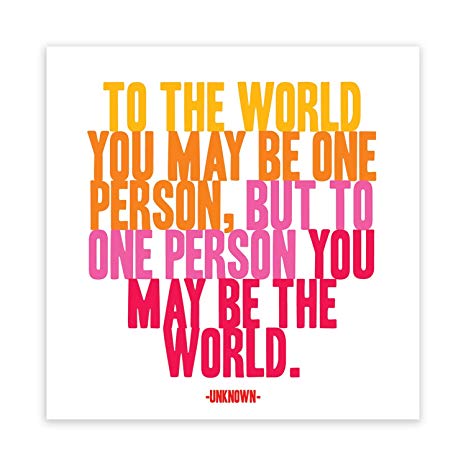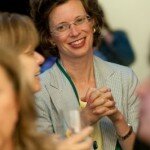 I can recall that when I was in college, I had absolutely no idea, what I was going to do.
I can recall that when I was in college, I had absolutely no idea, what I was going to do.
I did know that I wanted to live a life of adventure and meaning and that I wanted it to involve serving others.
I have always been sympathetic with e.b white’s dilemma when he said,
“I arise in the morning torn between a desire to improve the world and a desire to enjoy the world. This makes it hard to plan the day.”
I believe that savoring the world and saving it can be a part of each of our days and our lives.
This plays out in my own household, where my husband has adopted a motto for our children that they repeat everyday as they run out the door.
“What are we going to do today,” he asks, to which they dutifully respond- “have fun. Be fun!”
I have come to believe that this playful family motto actually has a lot to recommend it.
(Although my mother would beg to differ and, after hearing this said one too many times, proclaimed, there is more to life than having fun and being fun!)
Perhaps in response, her son in law has now added John Adams invocation to his children- “be good and do good.”
My grandmother, Elizabeth Nunn, taught me a lot about relishing life.
It was partly revealed in a little story that she only told me after I graduated from college.
Keep in mind that my grandmother, loved school, loved learning and was insatiably curious.
(She was also very proper — shall we say, 1926 Wesleyan proper!)
 When she was in college she traveled across country to attend Berkeley summer school.
When she was in college she traveled across country to attend Berkeley summer school.
As she crossed the nation by steam train, an ember of coal, flew through the window and struck her friend in the eye.
As a result, her friend could not attend classes while her eye healed.
After only a few days of school, my grandmother decided that her friend was actually having more fun than she was.
So, my Grandmother told me with a twinkle, she decided to drop out to nurse her friend back to health.
They spent the summer exploring and indulging in the bounty of California.
I love the idea of my ever dutiful and proper grandmother from Cordele, Georgia, in the 1920’s, playing hooky from summer school with her friend and discovering the world.
This passion for exploration sustained my grandmother through age 96.
In the wake of my grandfather’s death she once again began traveling and instead of, as she told me, giving up, she gave in to the world’s wonder.
She literally circumnavigated the globe and even joined up with a group of college students who flew around the world for a semester.
In travel and adventure, we fall in love with the world.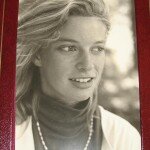
In my own experience, when I faced a wall of dislocation, anxiety, and even despair during college, I managed to pick myself up, get on a boat with 500 other students and cross the ocean for a semester at sea to explore 12 countries.
It was the exact antidote that I needed – and it created in me a life-long passion for travel- the kind of travel where you venture by local bus in Guatemala 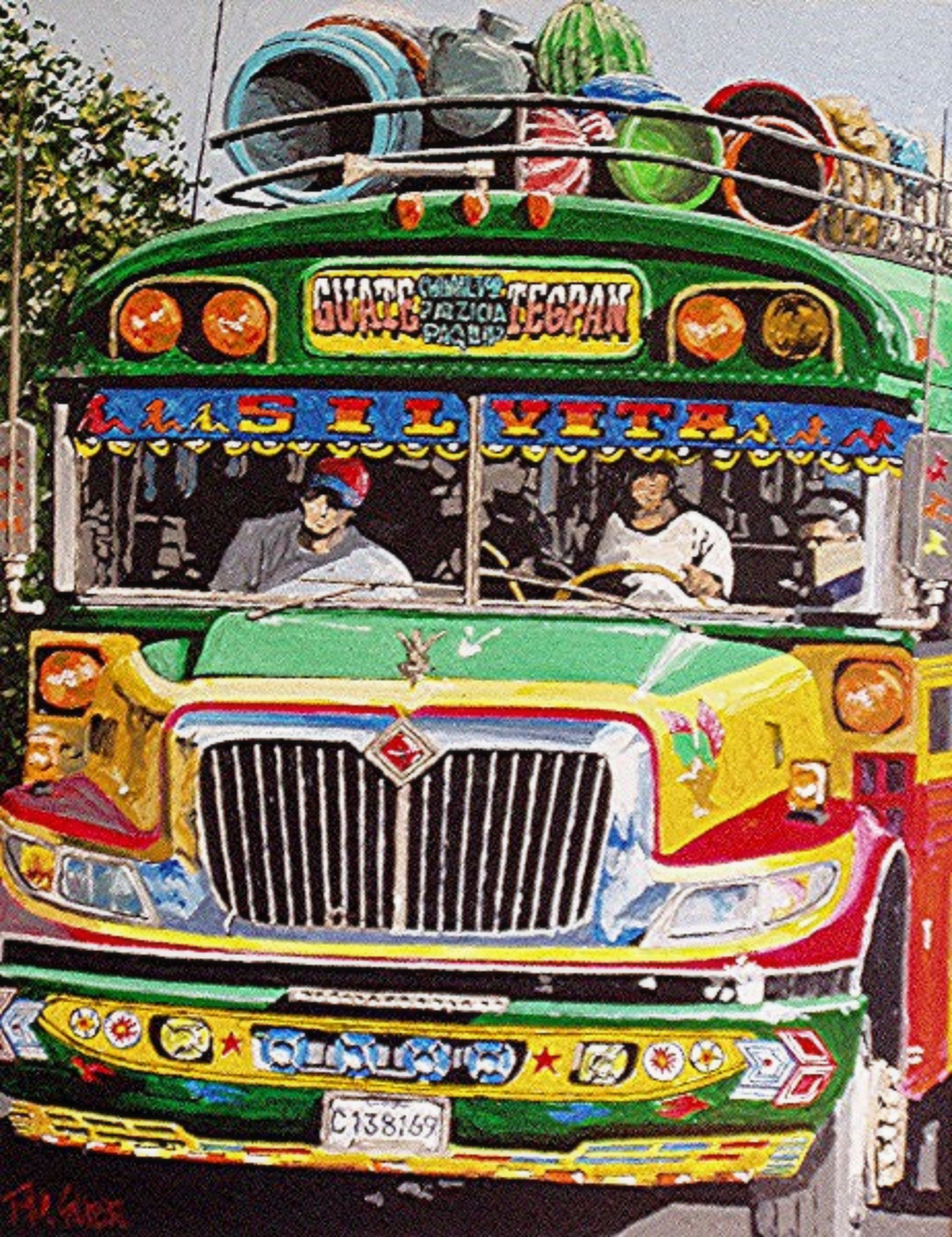 saddled between goats and chickens, or cross into the west bank to talk with Palestinian women about democracy, or rise before sunset to catch a glimpse of the Himalayas or bathe in the Ganges.
saddled between goats and chickens, or cross into the west bank to talk with Palestinian women about democracy, or rise before sunset to catch a glimpse of the Himalayas or bathe in the Ganges.
Sometimes, we all have to play hooky or get on a boat and escape into the wonder of the world.
As you consider your next steps, don’t neglect to take precious time to experience the world fully.
In falling in love with and savoring the world, we find that we are impelled to serve it and save it.
My own boat trip around the world, led me to additional semesters in Oxford and then to India and by the time I graduated from school, I knew that I wanted to turn my adventures into meaning and make a contribution.
Serendipitously, as I searched for my calling I met a small group of individuals who wanted to create ways for people to give back to their community.
These twelve friends literally each put $50 into a hat, and most importantly, rolled up their sleeves and started volunteering themselves.
They called the effort Hands On Atlanta and began with a few monthly projects like the community food bank and house-building.
They started to send out a postcard about the projects to their friends and got up to 6 projects each month.
I became the first staff person, working 10 hours a week.
None of us could have imagined that twenty years later, HandsOn Network would have grown from twelve volunteers to millions of volunteers.
We could not have fathomed that our six projects would grow to comprise 25,000 monthly projects ranging from building wheelchair ramps to building playgrounds to tutoring children.
We now have Hands On organizations in 250 communities. When we sat around a living room in Atlanta, we could not have envisioned that the effort would spread across the globe to HandsOn Manila or HandsOn Shanghai.
Over the last twenty years, it has been my great privilege to work side by side with thousands of individuals committed to making a difference .
My favorite volunteer of late is Ms. Edith Harvey of Lawrenceville, Georgia.
At age 95 she has cooked more than one million meals for her fellow seniors.
In the process, she has mentored 100 former prison inmates. In her own words, she believes that “not one has gone bad yet.”
On top of this, Ms. Harvey raised 17 children and foster children.
I have come to appreciate that it is the imagination and energy of our citizens, like Ms. Harvey, that write the narrative of change – today and throughout our history.
From Ben Franklin to Martin Luther King, Jr., we have been shaped by voluntary movements that have organized, advocated, and created.
Volunteers built institutions like the Red Cross, Sierra Club and the Salvation Army.
Volunteers have shifted the nation’s moral compass.
They have inspired and demanded new legislation from the women’s movement to the environmental movement.
The rights and privileges we all take for granted have been won by the perseverance and moral courage of citizen leaders.
When you think about the defining and iconic leaders of our nation, they are service leaders who called others to action: Clara Barton; Susan B. Anthony, or Rachel Carson.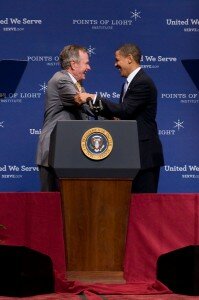
Last year Points of Light Institute hosted President Obama and President George H. W. Bush together for our 20th anniversary. President Obama articulated the centrality of service in our American narrative. He said it is the
“story of patriots who set forth the ideals that animate our democracy, and all those who fought and died for those ideals. It’s the story of women who reached for the ballot; and people who stood up, and sat in, and marched for justice. That’s always been the story of this nation –- the story of those who stepped forward in our darkest hours to serve it. Those who rose to answer the defining questions of their time: colony or country? Free or half free? Separate but equal, or truly equal? Those folks weren’t in it for the money. Those folks were volunteers. Their service wasn’t “extra.” it was the work that changed this country. “
So our history tells us of the centrality of giving back. And we now have a lot of research that further reveals its importance.
We actually know that giving back makes you happier–it has been clinically proven to reduce depression.
And we know service makes you smarter. Young people who volunteer just one hour a week are 50% less likely to abuse drugs, alcohol, or cigarettes.
And if that was not enough, you should know that serving others helps you live longer.
Research shows that community involvement for seniors is a more important indicator of health than obesity or smoking!
You will search for meaning throughout your life, but I can tell you that you will find no greater fulfillment than in serving others.
As you leave university, you enter a world that desperately needs you.
Domestically, we are faced with enormous needs. Almost 20% of our nation’s children live in poverty and half of our minority students drop out of high school.
Globally, we live at a time in which we have the resources and technology to eradicate extreme poverty and global health inequities, but lack the will and imagination to do it.
Let me just share one example related to gender inequality in the developing world.
Pulitzer prize winner Nicholas Kristoff asserts
“that more girls have been killed in the last twenty years, precisely because they are girls, than men were killed in all of the battles of the twentieth century.”
There are social change movements, like the global fight for gender equality, that are waiting for heroic citizen action.
Many of us look back with longing to be a part of some clear cut movement of change like the civil rights movement. But there are moral issues today that are clear and we need young people, to have the moral lenses to see these issues and to act upon them.
Whatever your passion, find a way of applying it in service. Whether it is re-building in Haiti, mentoring a child, or getting involved in politics.
Remember that change starts with individuals.
Don’t wait for someone else.
Take the bounty of your education and, whatever your path, find a way to serve others.
 Sweet Honey in the Rock is a singing group that got their start during the civil rights movement, and they have a song that repeats
Sweet Honey in the Rock is a singing group that got their start during the civil rights movement, and they have a song that repeats
“we are the ones we have been waiting for.”
As you graduate, know that you are the ones that we have been waiting for.
May you each find adventure and meaning in your life’s journey to savor and save our world.
This post is an excerpt from a commencement speech delivered at Wesleyan University on May, 15, 2006. It is posted today with best wishes to the class of 2010!

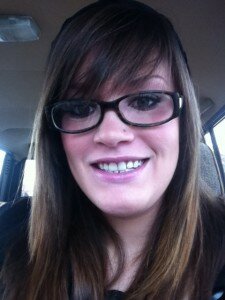
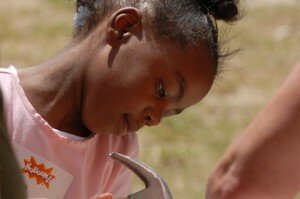
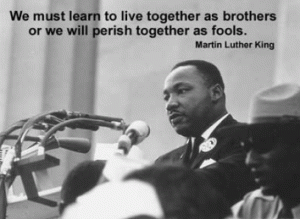

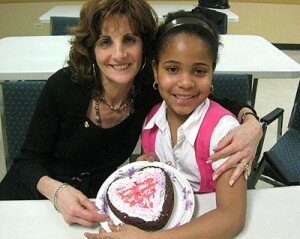
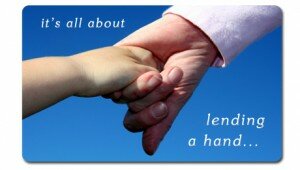
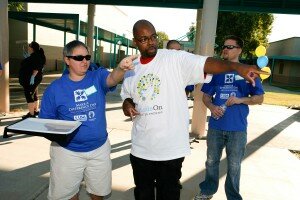 man out with their successes and their struggles.
man out with their successes and their struggles.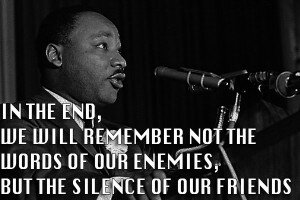
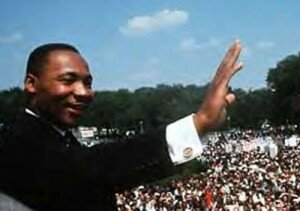 community?
community?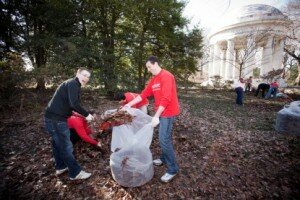 of getting the word out and who needs to be contacted.
of getting the word out and who needs to be contacted.
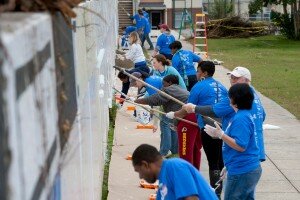
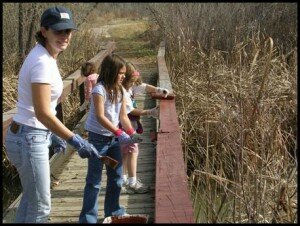 at your local park will allow you to appreciate and preserve your local park.
at your local park will allow you to appreciate and preserve your local park.